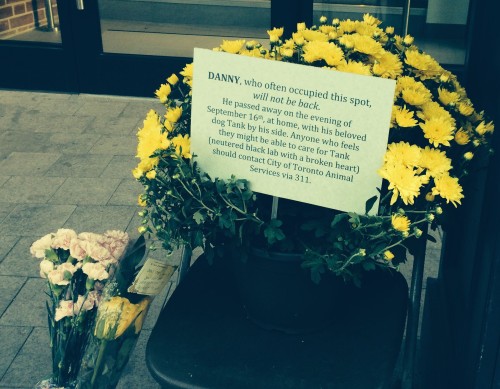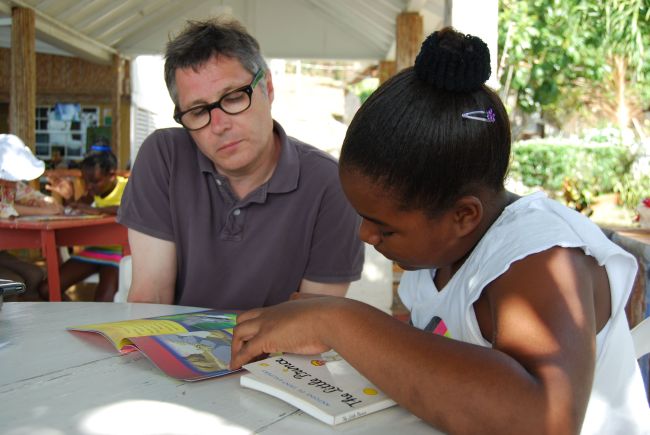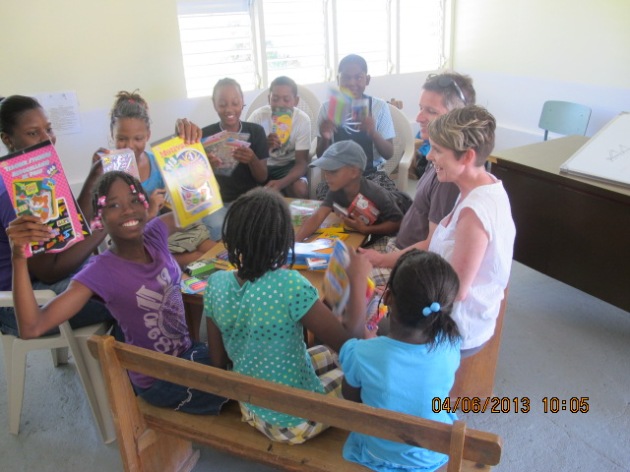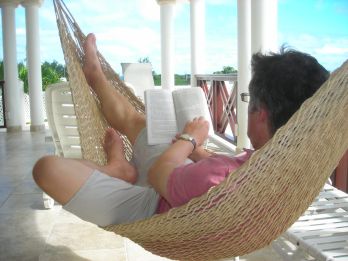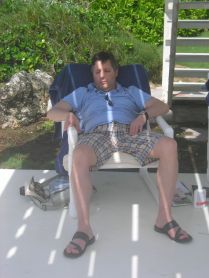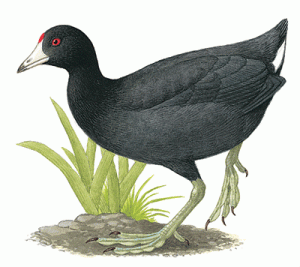Some weeks ago, my friend and writing circle buddy Laure Baudot invited me to be a part of The Next Big Thing blog chain. (Take a look at her posting here).
The idea’s pretty simple: talk about your work-in-progress by answering ten questions on it, and then link to the blogs of five other writers with their own works in progress. Kind of a sneak peek at what people are working on, and what may emerge in the next few years from our fertile, warped and often crazed imaginations. I agreed to take part. Then life intervened. My mother died (more on this below). I had to drop everything and travel to the UK for her funeral. Tim, my son and his beautiful wife Bea, came to stay for five weeks. Writeous Interruptus (Or is that blogeous interruptus?).
So I’m finally getting to it, some weeks late (apologies to all Laure’s followers who landed on my blog and were dead-ended). I’m breaking all the rules (of course) because two of the writers I’m linking to here are already linking to me (what is that, some kind of internet incest?), but who cares? I don’t think anyone is policing this. Also, I’m linking to one writer, Deepam Wadds, who I didn’t invite, but who has a Next Big Thing posting up. The more the merrier I say. So my five is actually six, but two of them don’t really count, because they’re really in someone else’s circle.
So here we go. These are the ten questions I’m supposed to answer:
1. What is the working title of your book?
Mother Of All Lies
2. Where did the idea come from for the book?
I didn’t have an idea for a book. I had time, a passion to do it, and (to some extent) desperation. It was 2001 and the Internet boom had bust. I was working in Amsterdam at the European headquarters of a US Internet company, when the entire staff was laid off. That was in August. Under the Dutch employment laws I knew I’d have a few months on full pay while I looked for work. I’d always talked about writing a novel, but, apart from a really, really bad novel I wrote when I was 17, I’d never even made a start. This was the first time in my working life where I actually had time to write. What emerged was a hodgepodge of a first draft that was a total mess. I liken the process of discovering the novel hidden inside that draft to the work of the John Harmon character in Dickens’s Our Mutual Friend. He made his fortune sifting through giant piles of dust and rubbish for treasure. That’s what it’s been like.
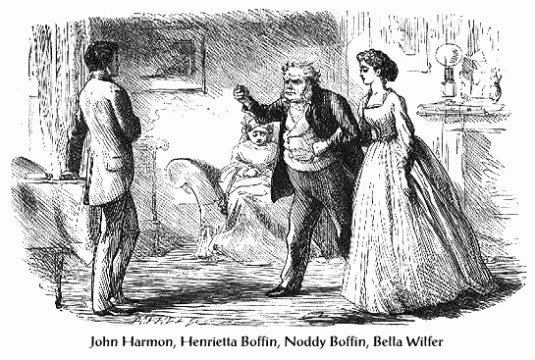
3. What genre does your book fall under?
I have a healthy distrust of genre labels. They’re useful for the marketing people at publishing houses, but I’m not sure they do writers much good. They tend to ghettoize what we do. If I had to pin a label on it, it might be literary fiction. I’d like it to be literary. That’s what I aspire to, and mostly what I read, but that doesn’t mean it’s posh or snobby necessarily. In fact, it’s pretty strongly rooted in working class culture. There are no soirees in my book, and there is plenty of snot and tears.
4. Which actors would you choose to play your characters in a movie rendition?
The antagonist is a strong female character whose gambling addiction fractures and damages her children’s lives. Though she’s in her late 60s when the book opens, there are flashbacks to her in her 30s, 40s and 50s. If I had a time machine, I’d put Maggie Smith in it and get her to play the part at every age. She’d be perfect. She could switch between the Downton Abbey character and the woman she plays in The Best Exotic Marigold Hotel (I forget her name). The antagonist is pretty much a blend of the wit and attitude of those two women.
The protagonist is harder, because he is four, ten, twenty-two, and in his mid-thirties in different scenes. Someone earnest and intense. Like a young Ralph Finnes. Or possibly (in any world in which a literary novel were made into a full length cartoon) Charlie Brown.
5. What is the one-sentence synopsis of your book?
A working mother’s gambling habit spirals out of control, wreaking chaos in the lives of her young family.
6. Will your book be self-published or represented by an agency?
I really want to find an agent. I’m a firm believer in the traditional model of publishing, for reasons I’ve discussed elsewhere. I would only self-publish it if I ran out of options. I suspect the same is probably true of many self-published authors (though certainly not all).
7. How long did it take you to write the first draft of your manuscript?
That messy, sprawling first draft was written pretty quickly. I think I finished it in early January 2002, when I was back living in London. It sat on my laptop’s hard drive for a further five years before I touched it. I knew it needed to be revised (actually, rewritten), but I moved to Canada in April 2002 and I was busy with a new job in a new country. I just didn’t have the time. I picked it up again in October 2007, after a heart attack. I’ve lost count of the number of times I’ve re-drafted it since then, but I’m saying it’s now in its 14th draft.
8. What other books would you compare this story to within your genre?
That’s a tough question. To be honest, I find comparisons a little invidious. Especially since this is my first novel. I think others can make comparisons, but it feels a little presumptuous for me to do so. A lot of early readers have compared it with memoirs like The Glass Castle and Angela’s Ashes (I see why. Both books feature dysfunctional families, in which the children take on parental roles in order to save the family). But it’s not a memoir. I think my writing style is somewhere in the neighbourhood of Nick Hornby: accessible and not particularly dense and showy. But thematically it’s a million miles from Hornby.
9. Who or what inspired you to write this book?
My mother. She was a gambler. An addict. A charming, beautiful liar, with a manipulative intelligence. As a young boy, I adored her. I thought she was the most beautiful woman in the world. As I grew older and began to see her as she really was, I grew to hate her. The story arc of the protagonist, which is that of a love story in reverse, is pretty much the story arc of my relationship with my mother. Having said that, she was a huge influence upon me: she was a big reader, and she never once told any of her six children they couldn’t be exactly what they dreamed of being. Which is a gift I still cherish. She died at the end of October 2012.
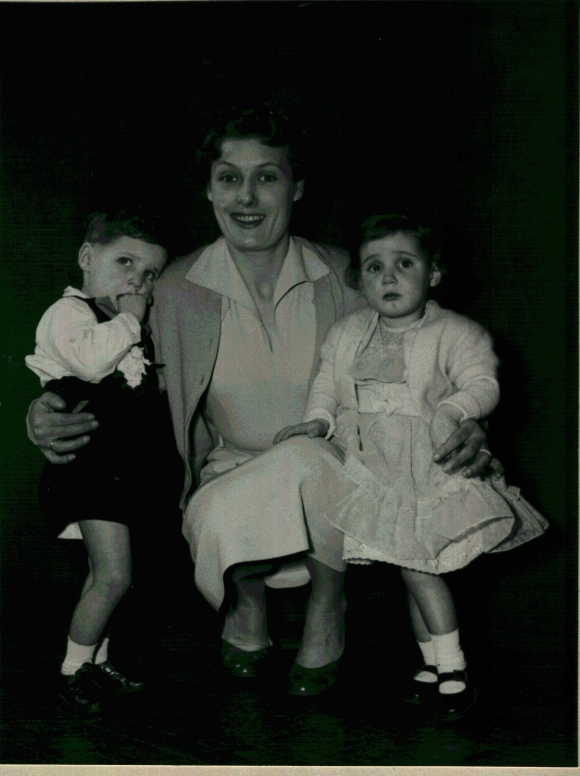
Me and my twin sister Sally, age 3, with my mother.
10. What else about your book might pique your reader’s interest?
The editor I’ve been working with to polish the manuscript for submission calls it gritty. A gritty family drama. That’s because many of the scenes contain the kind of drama that happens in certain kinds of family (a teenaged son pulling a knife on his father, for example). There is at least one scene that my wife can no longer read in revision because it makes her cry every time she reads it.
But that makes it sound bleak and a little hopeless, and I hope it’s not that bad. It’s shot through with dark humour (which I find I can’t do without), but it’s a form of gallows humour. I hope it will make you laugh and cry, in somewhat equal measures.
I suspect it may be a woman’s book. I’ve had a few male readers, and by and large I get the impression they didn’t enjoy it as much as the women who’ve read it (in fact, I suspect that at least one of them hated it). I think that’s because it’s more focused on character development, and less driven by plot and big events. One reader complained there’s no sex and no important deaths. Not to give too much away, but there are five deaths. As to the no sex part, it’s a book about a boy’s relationship with his mother, so to my mind that’s probably a good thing.
Now that’s out of the way, here are the five, no six, no four (oh, you figure it out). Here are the writers whose works in progress sound worth exploring to me. I met all of them at The Writers’ Community of Durham Region, which is the most awesome writing organization in the world.
The aforementioned Deepam Wadds: deepam wadds. A dancer, a massage therapist and a fine writer, who won the WCDR’s short story contest last year.
Dale Long: Dale and I worked together for the first time in the Autumn, on a workshop on the rendering of accents, because both our projects have characters who are afflicted by them. He’s funny, and tends to come at things from an unusual direction. His blog is called: Inkstroke’s Blog
Ruth E. Walker: Ruth is a past president of the WCDR, and her fine debut novel, Living Underground, was published in the autumn by Seraphim Editions.
Sue Reynolds: Sue was also a past president of the WCDR. Sue is a writing instructor, and a fabulous writer.
Noelle Bickle: Boundbytheword. Noelle is sassy and funny. I haven’t read her book (yet) but I’ve heard a few excerpts and I can’t wait to get the whole thing in my hands once it’s published.
Mel Cober: Melly Loves Orange. Mel’s just finished her debut novel. What’s it about? Why don’t you click the link and find out?
43.651263
-79.364016
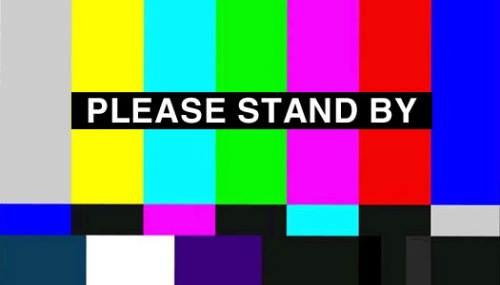 I’m writing a book. But that’s not the reason for pulling out the tarps and wrapping this site in dust sheets for a while. Well, it is, a little bit. The fact is, I want to dedicate a blog to my book (which confusingly I’ve entitled Larry’s Book). The book is about one of Canada’s pioneers of palliative care, Larry Librach. It’s his last dispatches from the border between life and death. The final thoughts on the topic of a man who spent his working lifetime helping others to die well. So on the book’s blog I’m going to focusing on end-of-life care. Which means I’m probably not going to have the time to post anything here for a while. I’ve already redirected my own web address (www.phildwyer.ca) to the new site (which is at http://www.larrysbook.ca). I’m not taking this blog down. I may return to it when the manuscript for Larry’s Book is finished (I’m supposed to deliver it by June 2015). But I’m not planning on updating it soon.
I’m writing a book. But that’s not the reason for pulling out the tarps and wrapping this site in dust sheets for a while. Well, it is, a little bit. The fact is, I want to dedicate a blog to my book (which confusingly I’ve entitled Larry’s Book). The book is about one of Canada’s pioneers of palliative care, Larry Librach. It’s his last dispatches from the border between life and death. The final thoughts on the topic of a man who spent his working lifetime helping others to die well. So on the book’s blog I’m going to focusing on end-of-life care. Which means I’m probably not going to have the time to post anything here for a while. I’ve already redirected my own web address (www.phildwyer.ca) to the new site (which is at http://www.larrysbook.ca). I’m not taking this blog down. I may return to it when the manuscript for Larry’s Book is finished (I’m supposed to deliver it by June 2015). But I’m not planning on updating it soon.
